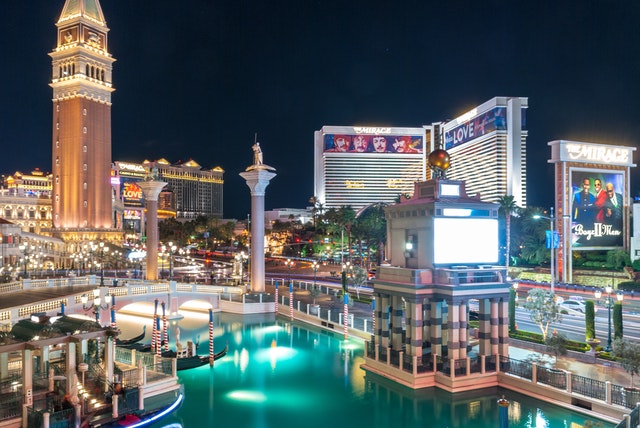Casinos invite controversy. Find out why governments support using casinos to draw tourists while residents are harder to convince.
Many consider gambling a sin, so it is no wonder that any plan to increase the number of casinos is met with support by those who see the economic benefits to tourism and disapproval by those who anticipate the social and moral implications. However, studies have also suggested that casinos have a limited ability to attract tourists.
Benefits of Casino Tourism
The economic benefits to the local economy seem apparent. People go to the casino and spend money. Everyone knows that despite the odd win by the persistent punter, the house wins at the end of the day. It’s a simplistic analysis, but it’s true. Eadington and Butler report that governments such as the U.S, Canada, Australia, and New Zealand have employed strategies in recent years to stimulate revenue by legalizing gambling for its perceived economic benefits.
Even though much of the casino revenue go to sources outside of the casino’s areas, reinvestment into the immediate area is required to maintain existing casinos and keep attracting visitors and tourists.
Casinos provide jobs for residents. They also offer recreational and cultural opportunities for tourists and locals. In addition, the conversion of historical buildings or structures into casinos can help to breathe new life and preservation into many buildings of historical significance.
Disadvantages of Casino Tourism
Is it a coincidence that the benefits of casino tourism are more likely to be perceived by the decision-makers, i.e., those who don’t live and work in the immediate casino vicinity? It does appear to be true when it comes to disreputable forms of entertainment like casinos and brothels. Of course, no one minds them too much as long as they are not in one’s backyard. But unfortunately, residents don’t often get the choice.
The perceived associations with casinos are the rise in crimes like drugs, prostitution, robbery, and assault. However, in Mississippi, it was reported by Giacopassi and Stitt that while robbery and aggravated assault have increased, other crimes such as rape and murder have decreased.
According to Perdue, Long and Kang, a higher population also leads to increases in the cost of living, traffic congestion, driving hazards, and noise levels. While this may be true, many new attractions could say the same.
And even if one couldn’t think of any valid objection, there is a pervasive sense that entertainment such as that provided by gambling and casinos is these activities are antisocial and anti-family. Gambling can also be addictive, so one could argue that every dollar spent on the blackjack table is a dollar that could be better spent feeding one’s children.
Do Casinos Attract Tourists?
While casino cities such as Las Vegas and Monte Carlo are best known for their casinos, they are not their only sources of income. The Tourism Company suggests that casinos on their own are not a guaranteed source of visitors and tourists. Las Vegas is now known just as much for its shows and convention facilities for its casinos.
Casinos and Tourism
Casinos are associated with tourism, but they are not a guaranteed source of tourism. Therefore, it’s valid that a tourism strategy would include casinos, but only once both the benefits and the disadvantages have been discussed and addressed.



